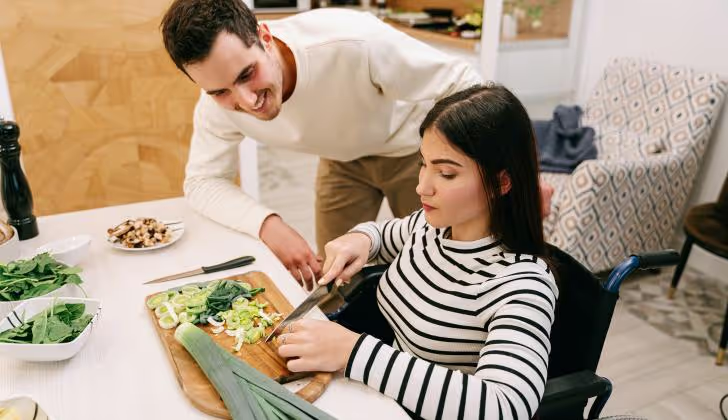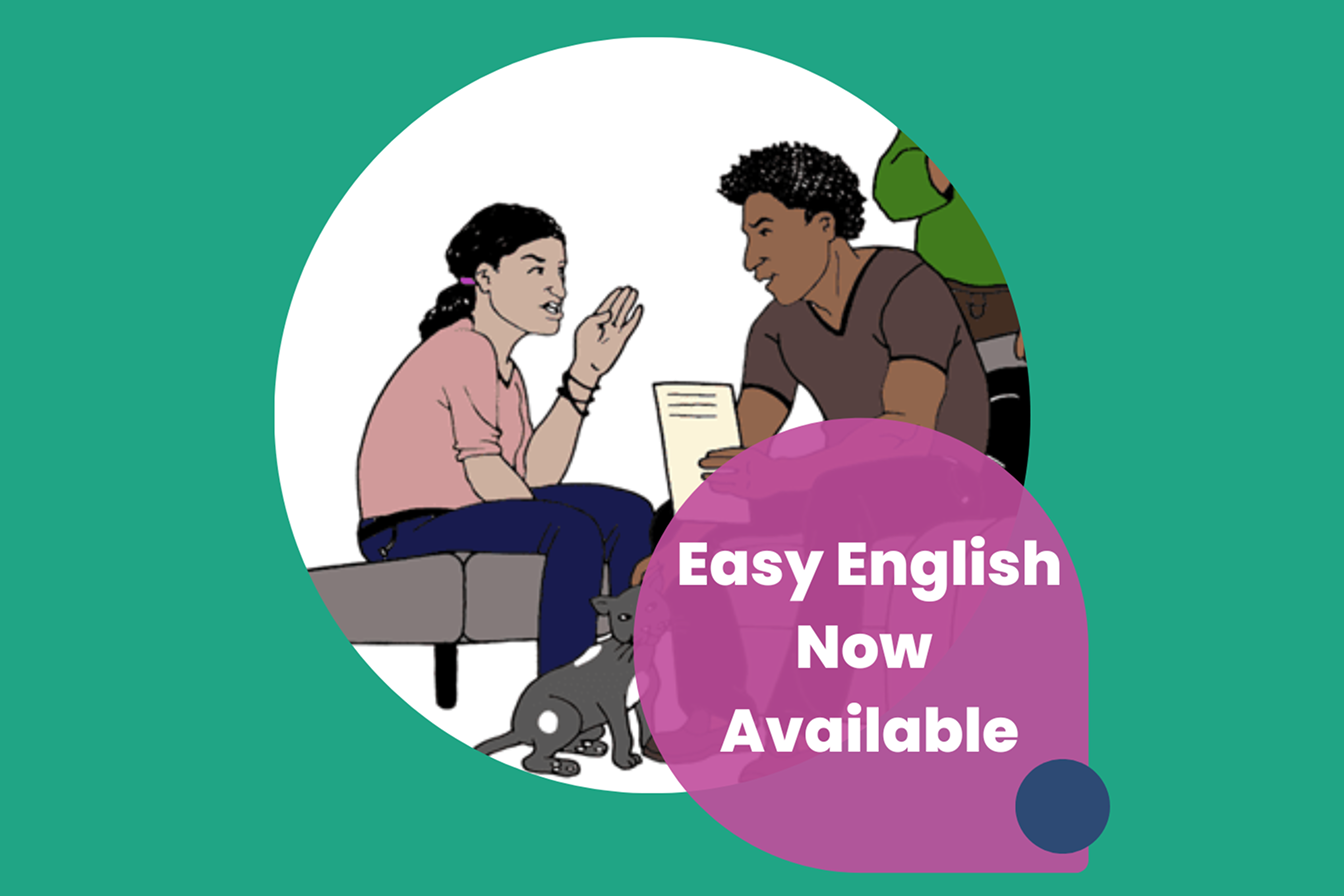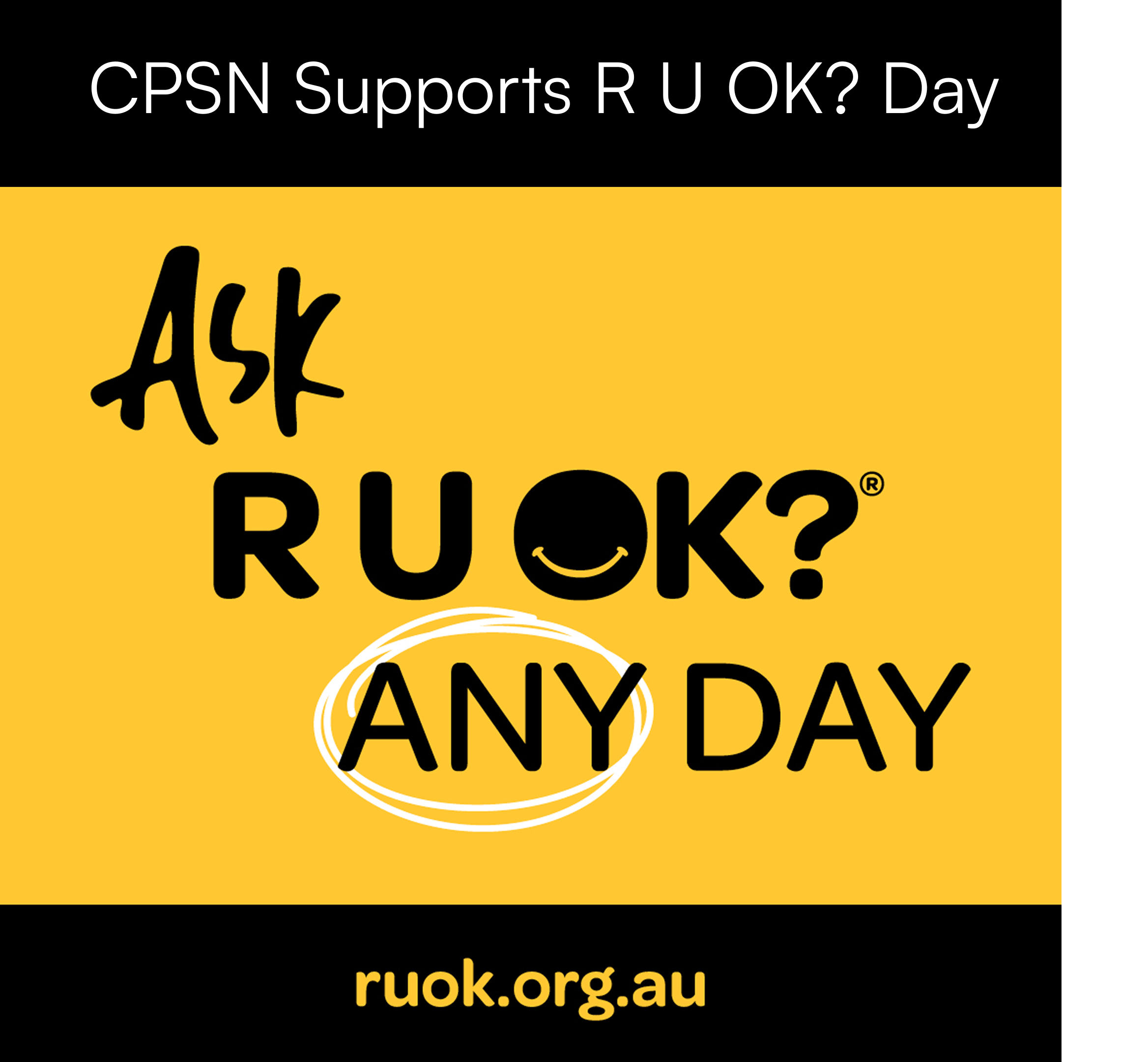A few months ago, I decided to take the plunge and contact a dietitian. The decision came after what felt like years of somewhat successful yo-yo dieting, and I was seeking something more meaningful, more sustainable, and more—appetising.
Over the years, I’ve experimented with various diets and alternative strategies to manage my weight—it became a fixation after Covid. Although working from home brought its benefits, my waistline wasn’t one of them.
Still, my motivation wasn’t purely about appearances. A more sedentary lifestyle and increased food temptations didn’t just affect how I looked. What truly alarmed me was its effect on my mobility—something I value deeply (as I’m sure many readers will understand!).
Having cerebral palsy, I was raised with the importance of taking extra care of my body. We’re consistently reminded to exercise, stay as active as possible, and be mindful of joint wear and tear.
As I noticed the weight gain, walking became harder, pain intensified, and I became increasingly aware of the long-term damage my paediatricians warned me about more than 20 years ago. I grew increasingly concerned about how it could affect my future health.
Despite several setbacks, I persisted. When one nutritionist didn’t provide what I needed, I found another—then moved on to researching dietitians.
That search led me to Madeleine Ward, a qualified dietitian. Within just a few sessions, we were discussing far more than my eating habits. She explored my lifestyle, food preferences, and reasons behind past challenges.
She also encouraged blood testing and reviewed my medications—something I hadn’t considered, but which dietitians routinely do.
These were just a few aspects that made Madeleine’s approach stand out from my previous attempts at managing my diet.
Did you know?
Dietitians can be funded through NDIS. According to the Disability Support Guide, “Dietetic and meal planning services can improve your independence, economic participation, social inclusion and/or general wellbeing.”
Dietitians are trained not only in weight loss and meal planning—they can also help with bowel issues, unintentional weight loss, tube feeding, and behavioural support.
More details about dietetic services and NDIS eligibility are available at the Disability Support Guide.
I had a chance to chat with Madeleine about her work. Here’s our conversation:
1. Can you explain your dietitian role and how it differs from nutritionists?
Dietitians and nutritionists both provide information about food and support healthy choices, but only dietitians are medically trained and regulated.
Dietitians complete 4-7 years of training to understand chronic and other conditions, including those experienced by people with disabilities. They are accredited by Dietitians Australia and must stay current with nutritional research.
Nutritionists may have anything from a Master’s degree to a 3-week course. Highly qualified ones can join the Nutrition Society of Australia, but this isn’t a regulatory body.
2. Are diets a good idea? Why or why not?
Generally, diets aren’t the best way to manage health through food. For some specific medical conditions like IBS or epilepsy, targeted diets might help, but only under close supervision.
Most diets are too general—they don’t account for individual needs. In my experience, diets often lead to failure because they’re restrictive and hard to maintain.
3. When you work with new clients, what are they typically hoping to achieve?
New clients usually want to change something—improve appetite, eat better, feel more energetic, or address a health concern.
Many seek weight loss help, but soon realise that eating better makes them feel better overall and motivates them toward lasting changes.
They’re often looking for guidance and support, not instant solutions—and that’s what I aim to offer.
4. Why is nutrition so important?
Huge question! We spend a lot of time eating, yet we often don’t nourish ourselves well.
When we lack nutrition, our bodies let us know—bloating, constipation, pain, and other digestive issues can signal poor diet.
This can trigger low appetite, mood swings, brain fog, poor immunity, or serious health problems.
I help clients “listen to their body talk”—to notice how their bodies react to different foods.
5. How are dietary needs different for people with disabilities?
Disabilities can complicate nutrition—some depend on others for food, or have specific health needs requiring tailored strategies.
It can also be draining just to plan, prepare, or eat meals. Dietitians can help make this process easier with simple, nourishing meals—for both individuals and carers.
6. Do people with cerebral palsy have specific nutritional needs?
Yes. From childhood to adulthood, various nutrition-related challenges exist.
Inadequate nourishment can hinder growth, immunity, mental health, cognitive ability, and bone development.
Common issues include:
- Oral-motor difficulties (chewing, swallowing)
- Fine-motor problems (food prep, eating)
- GI issues (reflux, constipation, diarrhoea, malabsorption)
- Vitamin deficiencies (e.g. Vitamin D, iron, fatty acids)
- Weight challenges (underweight/overweight due to mobility or appetite issues)
- Food access and preparation challenges for individuals and carers
7. How can diet influence mobility?
Proper nutrition supports muscle repair, bone strength, and nervous system function—boosting physical stamina and strength.
It also benefits brain health, improving motivation and energy levels.
8. People with CP often live more sedentary lives due to mobility challenges. How can diet help?
It’s key to match food intake with energy needs. Sedentary individuals may need smaller portions—but these should still be nutrient-dense.
I work with physiotherapists, exercise physiologists, and support networks to create realistic strategies that address both diet and mobility.
9. Tell us something we don’t know about you.
I’m a bit of a nutrition activist! I believe we’re all challenged by our current food environment, overwhelmed by too many choices and conflicting information.
If we understand our bodies better, we can nourish ourselves properly—and rely less on the health system.
One key takeaway I share is: eat as close to nature as possible. Less processed food means better nutrition.
Being a dietitian is deeply rewarding, especially working with people living with disabilities and their support systems.
Want to contact Madeleine?
Email: madeleineward@hotmail.com
Phone: 0411 986 775
This article first appeared on disabilitysupportworkers.org.au on March 17, 2023.

CPSN




